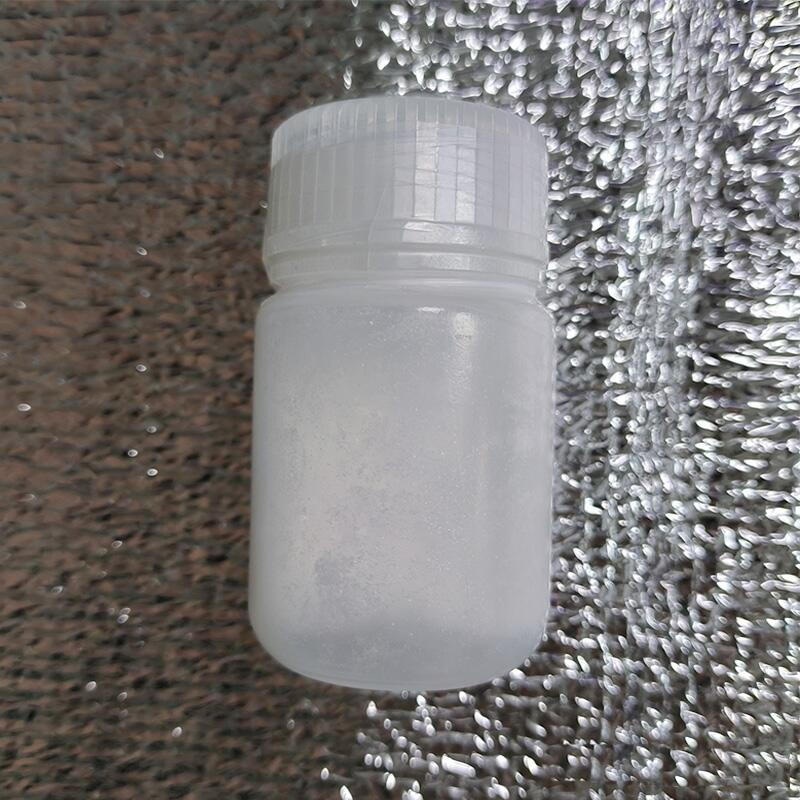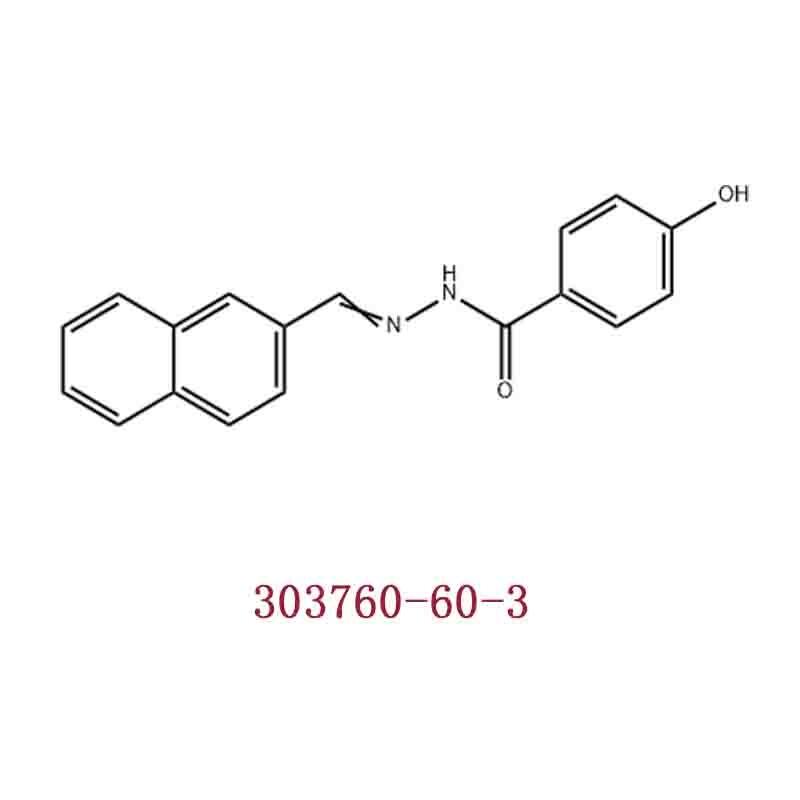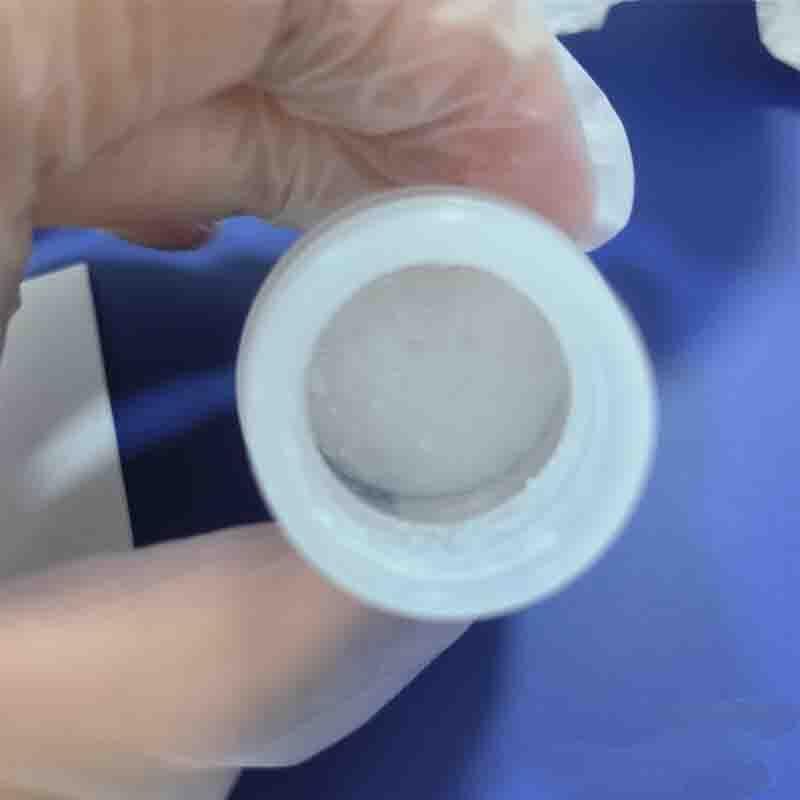-
Categories
-
Pharmaceutical Intermediates
-
Active Pharmaceutical Ingredients
-
Food Additives
- Industrial Coatings
- Agrochemicals
- Dyes and Pigments
- Surfactant
- Flavors and Fragrances
- Chemical Reagents
- Catalyst and Auxiliary
- Natural Products
- Inorganic Chemistry
-
Organic Chemistry
-
Biochemical Engineering
- Analytical Chemistry
-
Cosmetic Ingredient
- Water Treatment Chemical
-
Pharmaceutical Intermediates
Promotion
ECHEMI Mall
Wholesale
Weekly Price
Exhibition
News
-
Trade Service
Click above Translational Medicine Network to subscribe to our dry goods | Reliable | Practical Esophageal cancer is a malignant tumor that occurs in the epithelial tissue of the esophagus.
China is an area with a high incidence of esophageal cancer.
Smoking and drinking are common causes of esophageal cancer, of which esophageal squamous cell carcinoma is the most common.
On May 20, 2021, the U.
S.
Food and Drug Administration (FDA) approved nivolumab (Opdivo, Bristol-Myers Squibb) for completely resected esophageal cancer or gastroesophageal junction cancer (GEJ) residual pathological disease and received neoadjuvant Patients receiving chemotherapy and radiotherapy.
Opdivo is the first immunotherapy approved for adjuvant treatment of this patient group.
This approval is based on the results of a randomized, double-blind, placebo-controlled Phase 3 trial called CHECKMATE-577, which included 794 patients with esophageal cancer or GEJ cancer who underwent complete resection.
The results of the trial showed that compared with the placebo group, the disease-free survival (DFS) of patients treated with Opdivo showed a statistically significant improvement.
The median DFS in the Opdivo group was 22.
4 months (95% CI: 16.
6, 34.
0), and the value in the control group was 11 months (95% CI: 8.
3, 14.
3).
Regardless of tumor PD-L1 expression and histology, DFS benefit was observed.
For resected esophageal cancer or GEJ cancer, the recommended dose of nivolumab is 240 mg every 2 weeks or 480 mg every 4 weeks, and the total treatment time is 1 year.
Both doses were administered as a 30-minute intravenous infusion.
The most common adverse reactions (incidence ≥20%) in patients receiving nivolumab are fatigue, rash, musculoskeletal pain, itching, diarrhea, nausea, fatigue, cough, dyspnea, constipation, decreased appetite, back pain, joints Pain, upper respiratory tract infection, fever, headache, abdominal pain, and vomiting.
Mr.
Adam Lenkowsky, Senior Vice President of Cardiovascular, Immunology and Oncology of Bristol-Myers Squibb USA, said, “Today’s approval is an important advancement for patients, and it also marks our efforts to develop immunotherapeutic options in patients with early disease.
Significant progress.
"Reference link: FDA approves nivolumab for resected esophageal or GEJ cancer | FDA recommended reading: [Nature Sub-Journal] Which breast cancer patients will be resistant to endocrine therapy? Scientists say this.
.
.
Zhong Nanshan: In the future, we should pay attention to the virus mutation.
China urgently needs to establish herd immunity as soon as possible.
The whole world is in danger! [Nature Sub-Journal] Increase the success rate of cancer treatment from 20% to 75%? An effective anti-cancer immunotherapy turned out! 【Industry News】Analysis of the industry chain and status quo of the IVD industry
China is an area with a high incidence of esophageal cancer.
Smoking and drinking are common causes of esophageal cancer, of which esophageal squamous cell carcinoma is the most common.
On May 20, 2021, the U.
S.
Food and Drug Administration (FDA) approved nivolumab (Opdivo, Bristol-Myers Squibb) for completely resected esophageal cancer or gastroesophageal junction cancer (GEJ) residual pathological disease and received neoadjuvant Patients receiving chemotherapy and radiotherapy.
Opdivo is the first immunotherapy approved for adjuvant treatment of this patient group.
This approval is based on the results of a randomized, double-blind, placebo-controlled Phase 3 trial called CHECKMATE-577, which included 794 patients with esophageal cancer or GEJ cancer who underwent complete resection.
The results of the trial showed that compared with the placebo group, the disease-free survival (DFS) of patients treated with Opdivo showed a statistically significant improvement.
The median DFS in the Opdivo group was 22.
4 months (95% CI: 16.
6, 34.
0), and the value in the control group was 11 months (95% CI: 8.
3, 14.
3).
Regardless of tumor PD-L1 expression and histology, DFS benefit was observed.
For resected esophageal cancer or GEJ cancer, the recommended dose of nivolumab is 240 mg every 2 weeks or 480 mg every 4 weeks, and the total treatment time is 1 year.
Both doses were administered as a 30-minute intravenous infusion.
The most common adverse reactions (incidence ≥20%) in patients receiving nivolumab are fatigue, rash, musculoskeletal pain, itching, diarrhea, nausea, fatigue, cough, dyspnea, constipation, decreased appetite, back pain, joints Pain, upper respiratory tract infection, fever, headache, abdominal pain, and vomiting.
Mr.
Adam Lenkowsky, Senior Vice President of Cardiovascular, Immunology and Oncology of Bristol-Myers Squibb USA, said, “Today’s approval is an important advancement for patients, and it also marks our efforts to develop immunotherapeutic options in patients with early disease.
Significant progress.
"Reference link: FDA approves nivolumab for resected esophageal or GEJ cancer | FDA recommended reading: [Nature Sub-Journal] Which breast cancer patients will be resistant to endocrine therapy? Scientists say this.
.
.
Zhong Nanshan: In the future, we should pay attention to the virus mutation.
China urgently needs to establish herd immunity as soon as possible.
The whole world is in danger! [Nature Sub-Journal] Increase the success rate of cancer treatment from 20% to 75%? An effective anti-cancer immunotherapy turned out! 【Industry News】Analysis of the industry chain and status quo of the IVD industry







